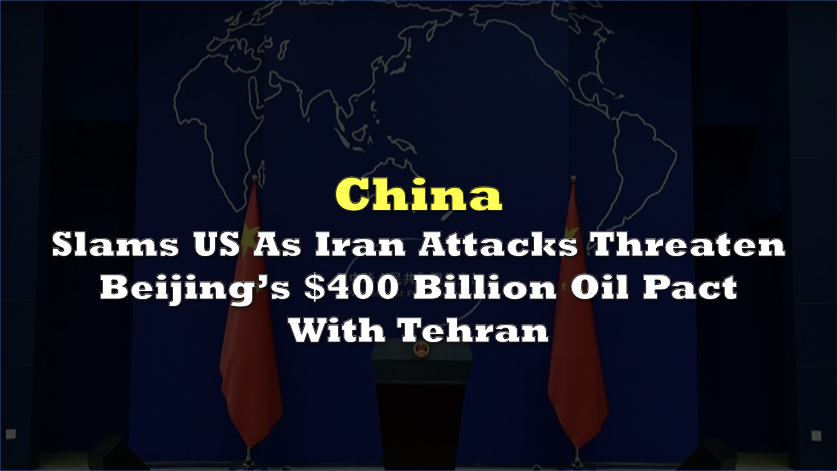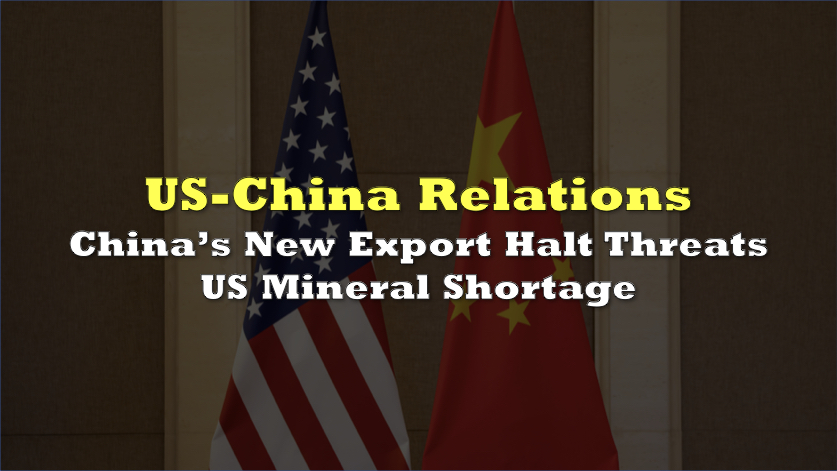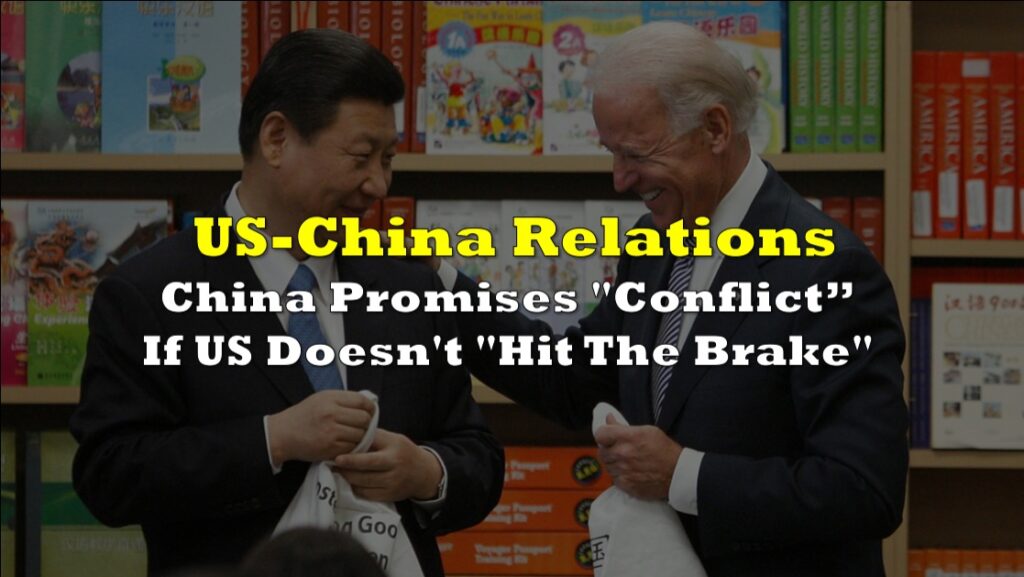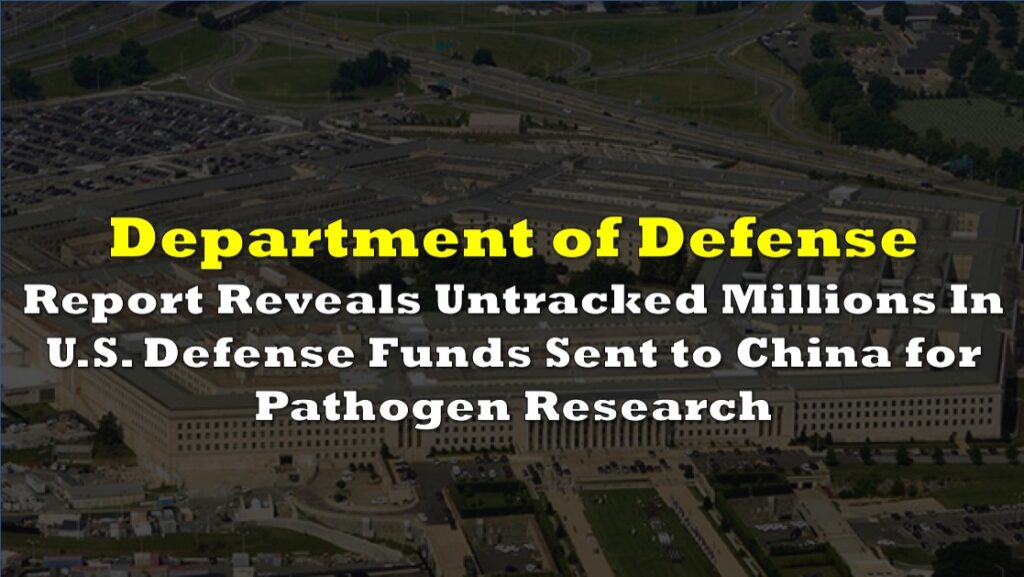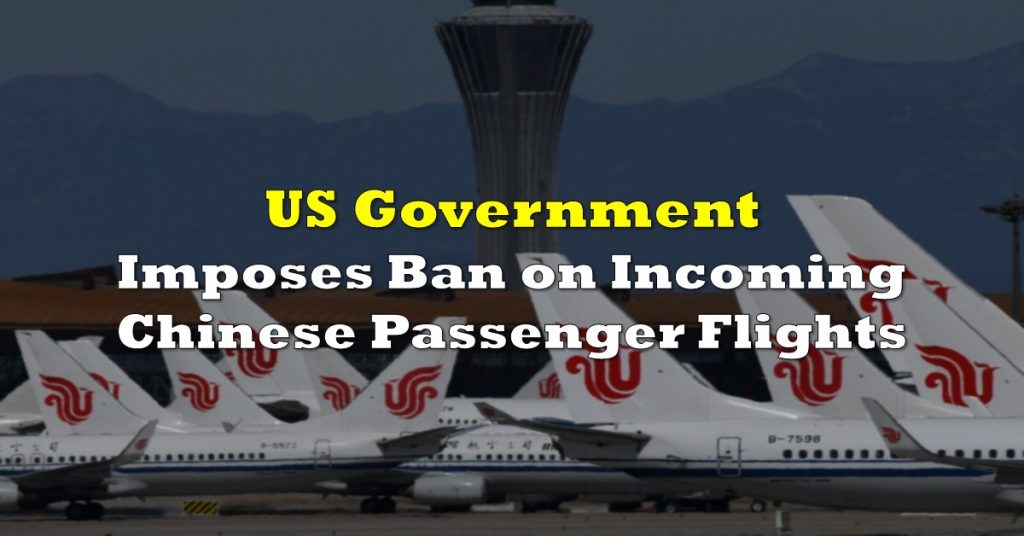The escalating conflict in Iran is eroding the value of China’s 25-year, US$400 billion Comprehensive Strategic Partnership Agreement with Tehran, a deal centered on discounted oil supplies and large-scale infrastructure projects.
Signed in 2021, the pact was designed to give China long-term access to Iranian crude while anchoring Belt and Road investments across ports, pipelines, and rail links.
Recent US and Israeli strikes on Iranian nuclear facilities, however, have rewritten Beijing’s risk calculus by intensifying concerns over regional stability and the reliability of the Strait of Hormuz, the critical choke-point for Persian Gulf exports.
“The actions of the US seriously violate the purposes and principles of the UN Charter and international law, and have exacerbated tensions in the Middle East,” foreign ministry spokesman Lin Jian said on Saturday.
He urged Israel to “reach a ceasefire as soon as possible,” adding that China is ready to cooperate with the international community to “restore peace and stability.”
China is having a measured albeit publicly visible meltdown as its $400 billion 25-year energy deal with Iran increasingly risks turning into paper waste.
— dan linnaeus (@DanLinnaeus) June 22, 2025
The rapidly deteriorating security environment in Iran following U.S. and Israeli strikes has unsettled China’s strategic… https://t.co/iKqh6VU8EJ
For Chinese planners, two vulnerabilities now dominate deliberations. First, any sustained disruption in the Strait of Hormuz would squeeze deliveries that still account for a meaningful slice of China’s crude slate. State-owned refiners such as Sinopec and PetroChina could face costlier alternative supplies just as Beijing tries to contain domestic inflation and support manufacturing margins.
Second, Beijing takes pride of its global deals as part of its hegemonic diplomacy. The Iran partnership ties China’s reputation—along with its financial exposure—to a regime under military pressure and international scrutiny. Continued alignment risks secondary US sanctions on Chinese banks, engineering firms, and shipowners, echoing the costly fallout from past ventures in Venezuela and Sudan.
Analysts note that Beijing has few attractive exit options. Scaling back would weaken its broader Gulf presence and cede regional influence to rivals, yet doubling down could leave billions stranded if Tehran’s political or fiscal position deteriorates further.
Information for this story was found via the sources mentioned. The author has no securities or affiliations related to the organizations discussed. Not a recommendation to buy or sell. Always do additional research and consult a professional before purchasing a security. The author holds no licenses.

